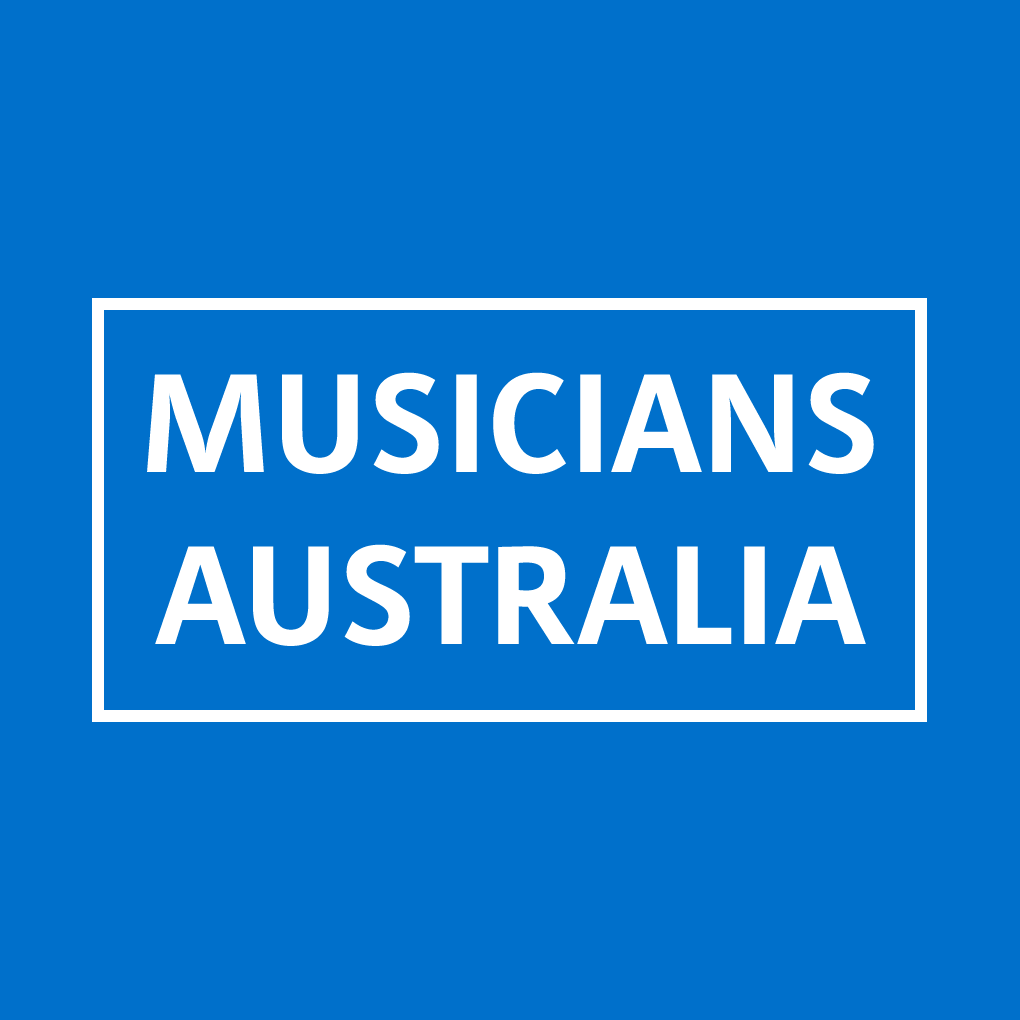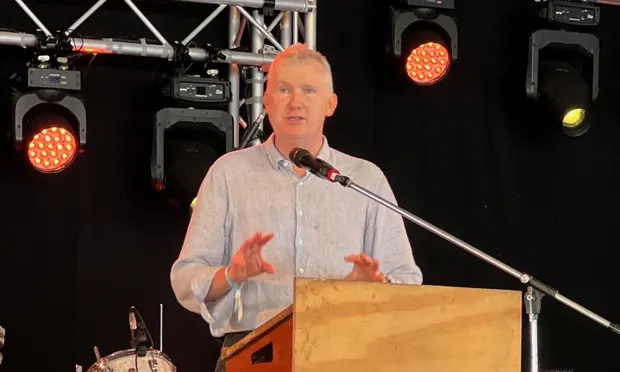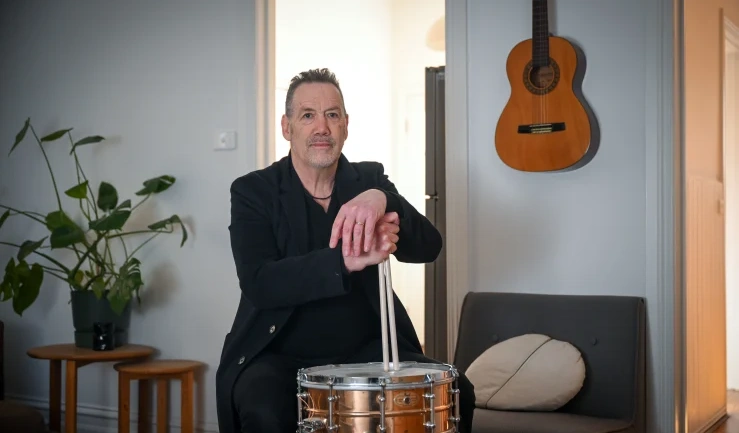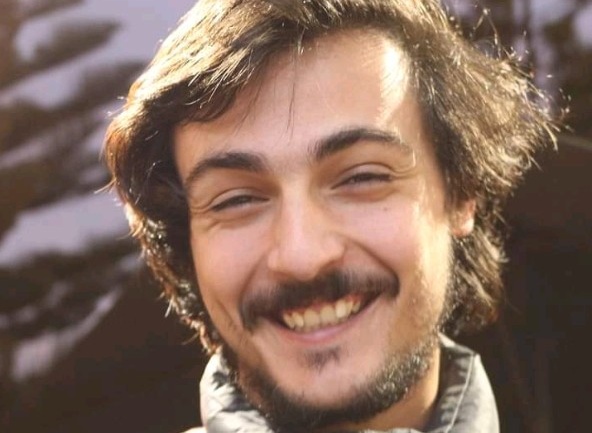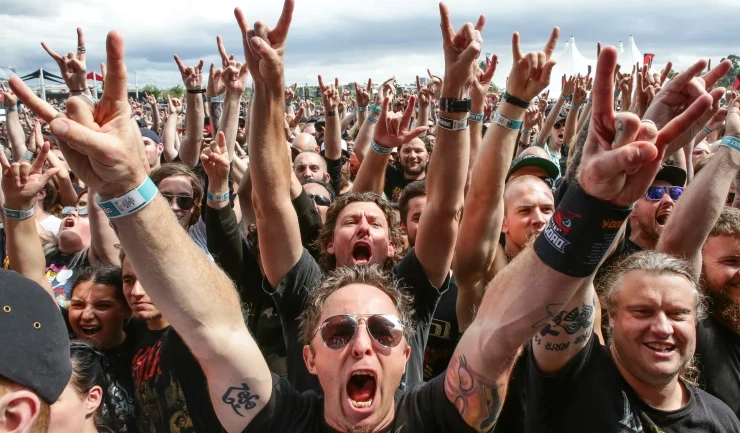Arts minister Tony Burke reveals policy that will also put ‘First Nations first’ and ensure artists get more ‘fair remuneration’
Streaming services will get Australian content quotas, artists will receive more “fair remuneration” for their work and musicians and writers will have access to more public funding, the arts minister, Tony Burke, has announced.
Burke revealed details of a new national cultural policy, to be released on 30 January, at the Woodford folk festival on Friday, promising to end 10 years of “culture wars” on the arts.
The policy has five pillars: to put “First Nations first”, find a “place for every story”, ensure the “centrality of the artist”, “reach the audience” and ensure “strong institutions”.
Burke said funding for collecting institutions such as the national museum, gallery and archives, and Trove will not be contained in the policy, promising “major decisions” to correct “systematic underfunding” but suggesting these would wait until the budget.
He said Australia’s domestic TV and film industry faced an “automatic structural disadvantage” because Australia has a small population and is predominantly English-speaking, so content from overseas “will always be cheaper per minute to produce”.
“The only way you fix that disadvantage is with Australian content quotas,” he said.
Burke noted that although Stan and Netflix have “some great Australian content”, they do not have quotas like Foxtel and free-to-air TV stations.
“Over the next couple of times we meet during this term [of government], they will have an Australian content quotas,” he told festivalgoers.
The minister promised to treat “artists as workers”, criticising the Coalition government for exclusions on jobkeeper wage subsidies and for the comments by the former prime minister Scott Morrison praising “tradies … building the stage” but not artists.
Burke said laws needed to be “kept up to date” to ensure fair remuneration, saying the Whitlam government established royalties for authors when their books are borrowed from libraries, but if you “borrow an ebook and read the exact same novel or work of nonfiction, the Australian author doesn’t get a cent”.
He promised to “re-gear” the Australia Council so that it doesn’t only deal with “the so-called funded sector” of the arts.
“The result of only dealing with areas that are easier to isolate in terms of government funding, it’s meant areas like contemporary music and writers have always been consistently underfunded,” the minister said.
To implement the “First Nations first” pillar of the plan, Burke promised a workforce plan and training to ensure enough Aboriginal and Torres Strait Islander people are trained as curators.
He also called for greater “financial power” so that First Nations artists would have “not just self-determination over what they wrote but over the finished work”, including when productions are scaled up for bigger audiences.
Burke promised arms-length decision-making on arts funding, to be judged by artists’ peers not by the minister, promising he would not “inflict” his views on the taxpayer.
Burke praised the previous government’s Restart Investment to Sustain and Expand (Rise) grants that were intended to help the arts recover from Covid, but criticised the fact “a whole lot of artists didn’t get money” while rock band Guns N’ Roses did. “I will never understand why Guns N’ Roses got funded twice.”
Burke argued that problems in the arts sector “did not begin with the shutdown period of the pandemic”.
He criticised former arts minister George Brandis for taking “a whole lot of money from the Australia Council and [putting] it into a personal fund”, a decision he said “wouldn’t have been made” if a cultural policy were in place.
“The arts, our artists, our creators allow us to imagine better … [Art] allows us through true representation to see ourselves, to know each other and to invite the rest of the world to get to know us,” Burke said.
“We’ve had 10 years where from government a culture war was waged. Leave Woodford on the first or second of the new year knowing that in 2023 the culture war is over and cultural policy is ready to begin.”
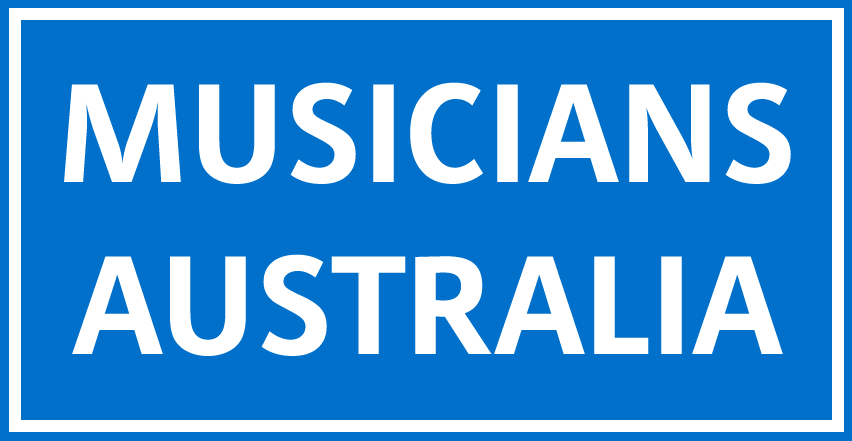
 Already a member?
Already a member? 